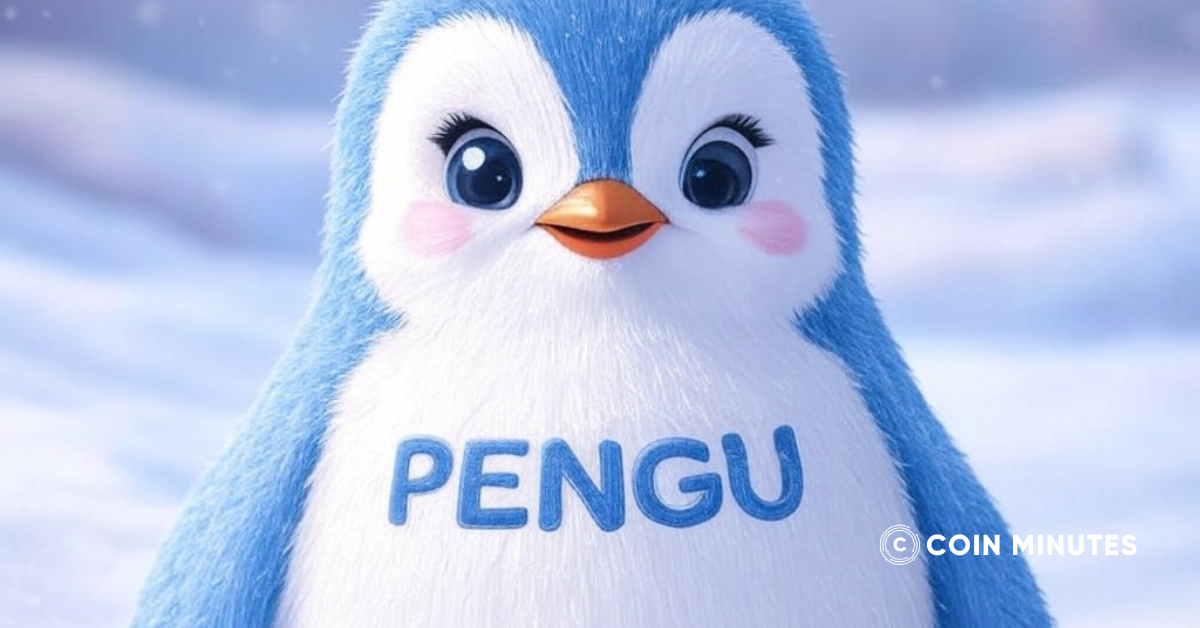Uniswap Labs has introduced its new layer-2 blockchain, Unichain, which has the potential to generate up to $468 million annually for UNI token holders and the platform itself. By diverting transaction fees away from Ethereum, Unichain will enable Uniswap Labs and its stakeholders to directly benefit, representing a significant shift in fee distribution.
Unichain operates on Optimism’s OP Stack infrastructure, making it part of the “Superchain” ecosystem alongside platforms like Base and Zora. With control over all validators on the network, Uniswap Labs can capture all Maximum Extractable Value (MEV) opportunities, which are profits generated by reordering or excluding transactions within a block—a role previously fulfilled by Ethereum validators. MEV represented approximately $100 million in fees on Uniswap last year, and a portion of this could now be shared with UNI token holders.
. @Uniswap generated nearly $1.3b of trading and settlement fees across 5 primary chains over the last year.
The protocol and token holders captured $0 of that value.
[100% went to Liquidity Providers, Ethereum Validators, MEV bots, and the L2 sequencers]
But with the launch… pic.twitter.com/vgpn7xjFky
— Michael Nadeau (@JustDeauIt) October 13, 2024
Uniswap liquidity providers will also benefit from staking and participating in trade execution, granting them access to MEV opportunities. However, this move could potentially harm Ethereum validators and ETH holders, as reduced fees and diminished ETH burning might lower returns for the Ethereum ecosystem.
Uniswap, already the largest decentralized exchange (DEX), has accrued over $1.3 billion in fees across multiple blockchains in the past year, including Ethereum, Optimism, and BNB Chain. With Unichain, the DEX aims to provide faster, more cost-effective transactions and enhanced blockchain interoperability.
Despite the potential benefits, reactions from the DeFi community have been mixed. Critics, including Ethereum co-founder Vitalik Buterin, have questioned the necessity of Uniswap creating its chain, arguing that it contradicts the platform’s decentralized ethos. Others view the move as a step toward offering a more streamlined, DeFi-focused platform that could aid Uniswap in regaining market share amidst growing competition.
Uniswap’s ongoing innovation follows the overcoming of regulatory challenges, including a $175,000 fine from the Commodity Futures Trading Commission (CFTC) and charges from the U.S. Securities and Exchange Commission (SEC). Despite these obstacles, Uniswap remains dedicated to expanding its ecosystem with the launch of Unichain.
Related news: Uniswap Faces Legal Challenges but UNI Token Shows Resilience








